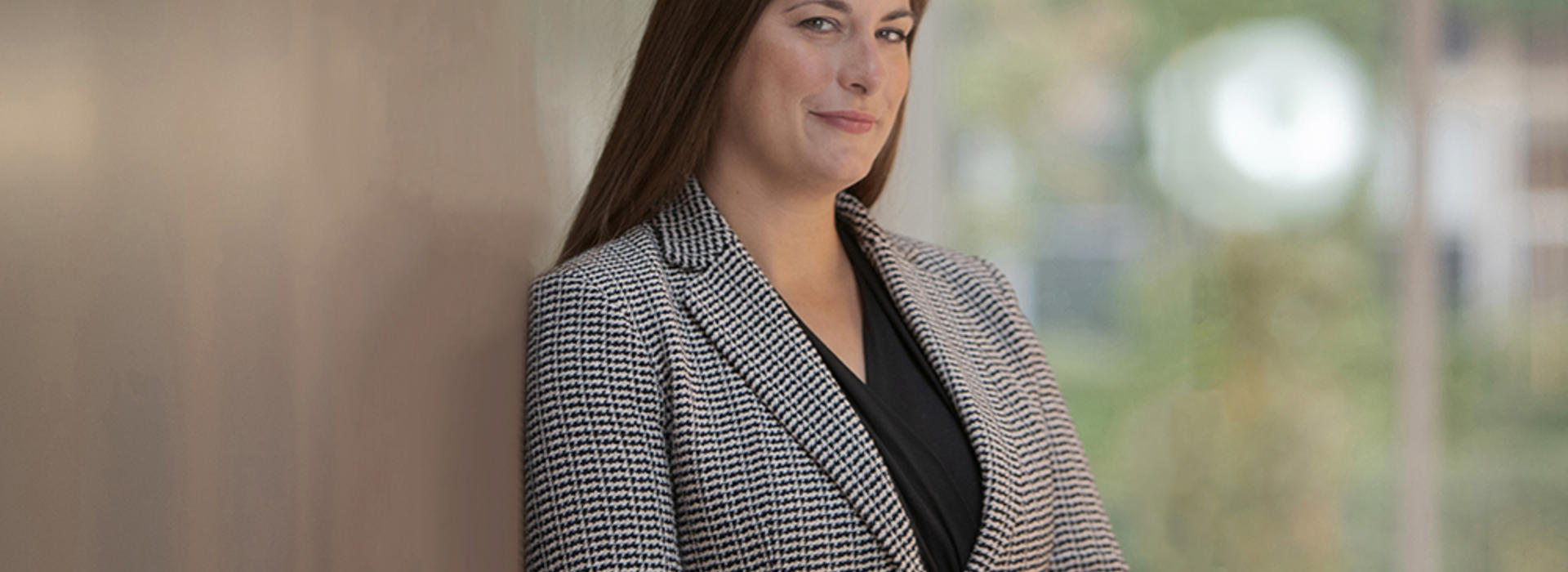“My mom is an educational administrator; but I went into medicine to do something completely different. It’s kind of funny that in the end I’ve come back around and now I’m an education administrator in medicine,” says Kaz Nelson, MD.
Finding intrigue at the people in the front of the classroom, she always looked up to her educators.
“I was extremely inspired by these people– particularly their expertise and their ability to convey to others– and developed a desire to be that person at the front of the room,” says Nelson.
During her residency, she had the opportunity to serve as an apprentice under Tom Mackenzie, MD, until she took over his role as Program Director of the Psychiatry Residency Program and Vice Chair for Education.
“Now, I have the ability to teach those same classes that my mentors taught, and I am able to give back in a way that’s really taking student needs and perspectives into account,” she says.
Improving Education
Nelson also serves as the Chair of the Scientific Foundations Committee, which includes faculty that direct courses in the first and second year of Medical School.
One of the many improvements Nelson has made in this role was to devoting time during each meeting to faculty development in education. “Many of us have been life-long learners, but not necessarily had classes in teaching or educational theory,” she explains.
Additionally, Nelson has found that memorization techniques in learning can be very stressful for students because they don’t retain the information. In order to improve student mental health, she began approaching innovative education to help the information stick.
“We’re moving beyond just the PowerPoint presentation. It impacts their well-being and mental health because now they’re learning and remembering things rather than that kind of superficial memorization learning which is quite stressful,” she says.
Creating Equal Access to Information
Through her work with mental health conditions, Nelson often received many questions from her friends and family about various misconceptions or treatments. She began to realize that after all the medical students, residents, fellows, and faculty she had taught, there was a group left out of her initiative – the general public.
With the help of her brother, she created a podcast called The Mind Deconstructed. The goal of this podcast is to take lessons that Nelson shares with her new medical students and translate them in a way that is understandable to the public.
“I wanted to increase understanding and compassion for those who might be living with mental illness and also reduce the discrimination that can sometimes happen against people with mental illness,” she says.
Nelson has successfully been able to improve education not only within the Medical School but within its community as well.
“In the future, I hope to expand my reach of influence in order to benefit more people seeking to learn medicine at any level and make that learning high quality and accessible,” she says.
